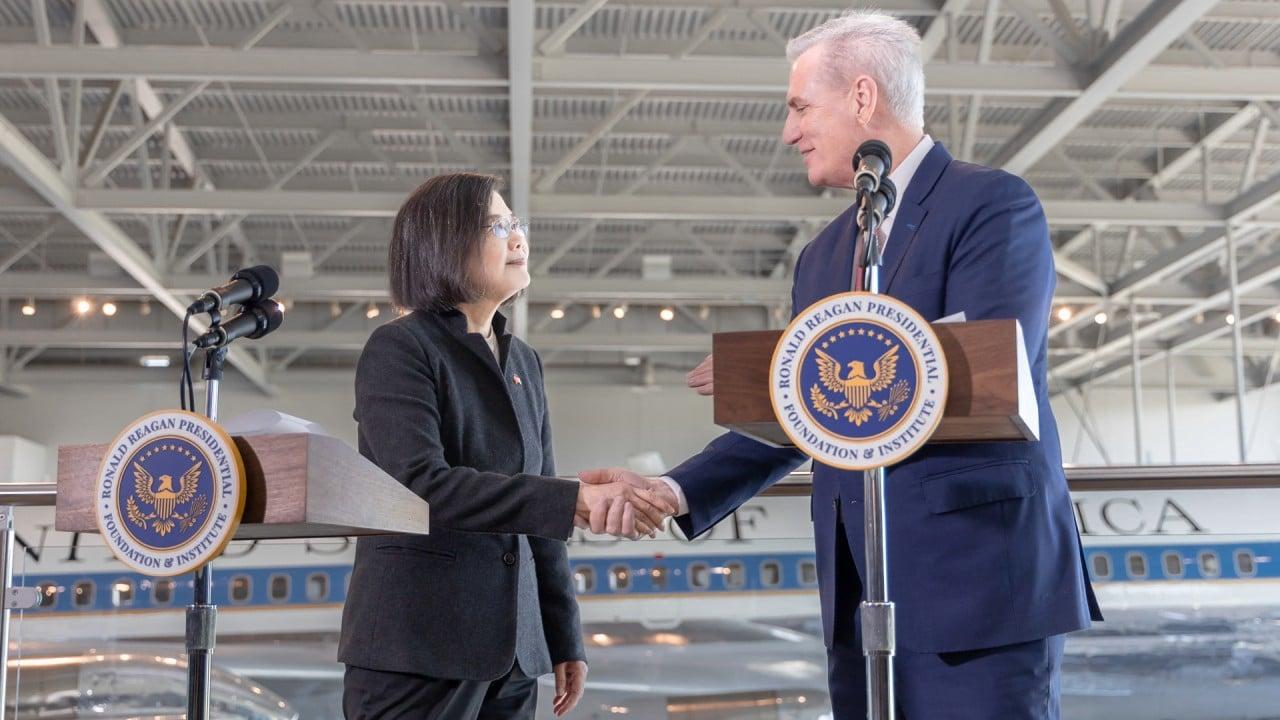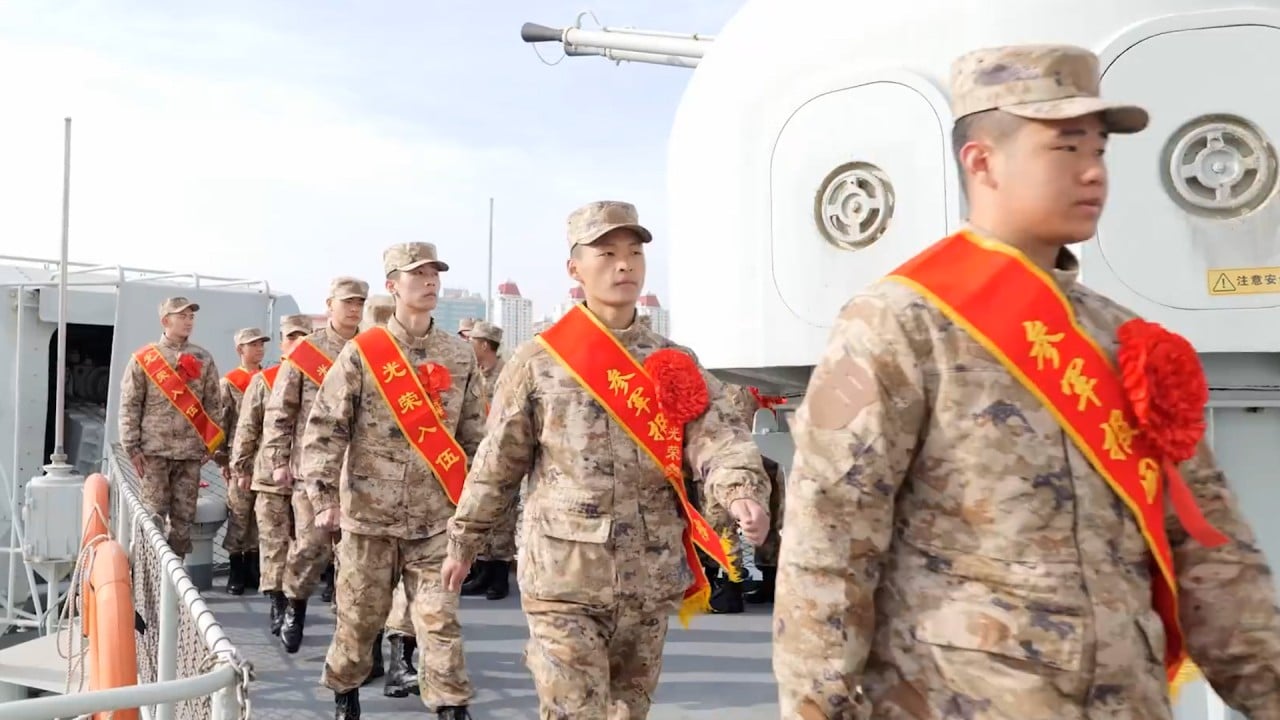
That means sticking by the one-China policy in deeds, not just words. It also means working to reduce Beijing-Taiwan tensions, not adding to them.
The US policy on Taiwan goes back to 1979 when, seven years after president Richard Nixon’s groundbreaking trip to Beijing, Jimmy Carter’s administration established diplomatic relations with China, thereby “de-recognising” Taiwan as an independent nation.
US Congress, however, adopted its own Taiwan Relations Act, which includes provisions for arms sales to Taiwan by the US “as may be necessary to enable Taiwan to maintain a sufficient self-defence capacity”. The American Institute in Taiwan was set up in Taipei as a de facto US embassy.
Working-level political contact was authorised as part of the one-China policy, and was respected by the US, EU and most other countries. It was agreed, however, that high-level political contact would not be allowed.
While it sold arms to Taiwan, the US was very careful in all its dealings with Taiwan, until Donald Trump changed the goalposts in 2016. Trump’s policy change coincided with the election of Taiwan’s pro-independence president, Tsai Ing-wei.
By speaking over the phone with Taiwan’s president in December 2016, even before he entered the White House, and then by sending senior officials to Taiwan, Trump openly and deliberately broke the unwritten rule of no high-level political contact. Arms sales to Taiwan were stepped up, as was the frequency of US navy ships sailing through the Taiwan Strait.
Joe Biden is following in Trump’s footsteps, even ratcheting up non-respect for the one-China policy. This is a dangerous game that should certainly not be emulated by the EU.
The EU should broaden and modernise cooperation with Taiwan. But this should be within the framework of the one-China policy which, as Josep Borrell, the EU’s chief diplomat, has underlined, does not prevent the EU from intensifying cooperation with Taiwan or expressing concerns at rising cross-strait tensions.
An illustration of the EU’s one-China policy is that, as one of the European Commission’s key political officials dealing with China and cross-strait relations from 2003-2007, I would not attend the annual celebration of Taiwan’s “National Day” because that would have meant having “political contact” with Taipei representatives – or worse, “celebrating with non-diplomatic contacts”. Diplomacy is about words and context.
We either met our Taiwanese colleagues in the office or in “neutral” locations such as restaurants.
My commission colleagues dealing with trade matters, industrial standards, transport, fisheries and other “technical” subjects, however, attended these events, no questions asked.
Times may have changed but this essential distinction between high-level political contact and technical exchanges should be maintained.
EU High Representative for Foreign Affairs and Security Policy Josep Borrell speaks during a session of the European Parliament in Strasbourg, France, on April 18. Addressing parliament, Borrell acknowledged that EU members had different points of view concerning China. Photo: DPA
The truth is that since 2016, the US no longer really respects the one-China policy, as agreed by its own more pragmatic leaders.
The Biden administration constantly challenges Beijing over Taiwan, whether through comments that the US would come to Taiwan’s defence in case of an attack by Chinese forces, or through its global drive to promote democracy.
If such provocations continue, there is an increasing risk that the situation could get seriously out of hand.
What we need is what Macron so rightly underlined: “Being an ally does not mean being a vassal … doesn’t mean that we don’t have the right to think for ourselves.”
Therefore, German Foreign Minister Annalena Baerbock’s urging of only China to de-escalate made little sense. Both sides should de-escalate. This is a power play by both America and China.
It’s time China and the US come to their senses and sort this out, above all, in the interest of the people of Taiwan. After all, in 1979, China and the US agreed that resolving the cross-strait issue would be left to the two sides of the Taiwan Strait.
In its “Six Assurances” of 1982, the Reagan administration stated it did not see “a mediation role for the US” in the matter. So the US should better stop interfering.
As the US and China up the ante over Taiwan, Europe’s challenge is to resist Washington’s pressure to follow suit.
Jan Willem Blankert worked for 20 years as a diplomat for the EU foreign service. During that time, he was from 2003 to 2007 one of the key policymakers in Brussels on EU-Taiwan relations and EU cross-strait policy



